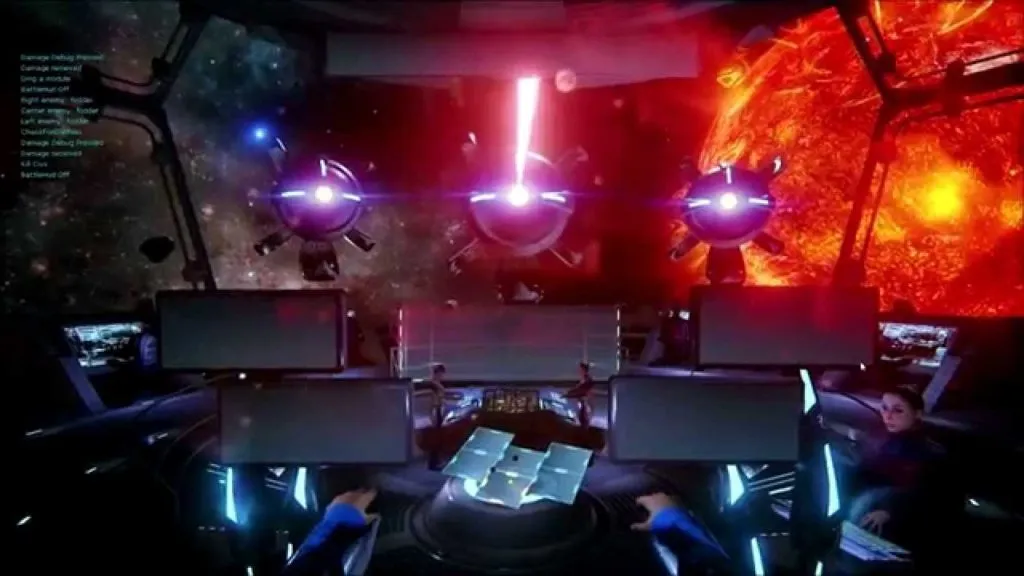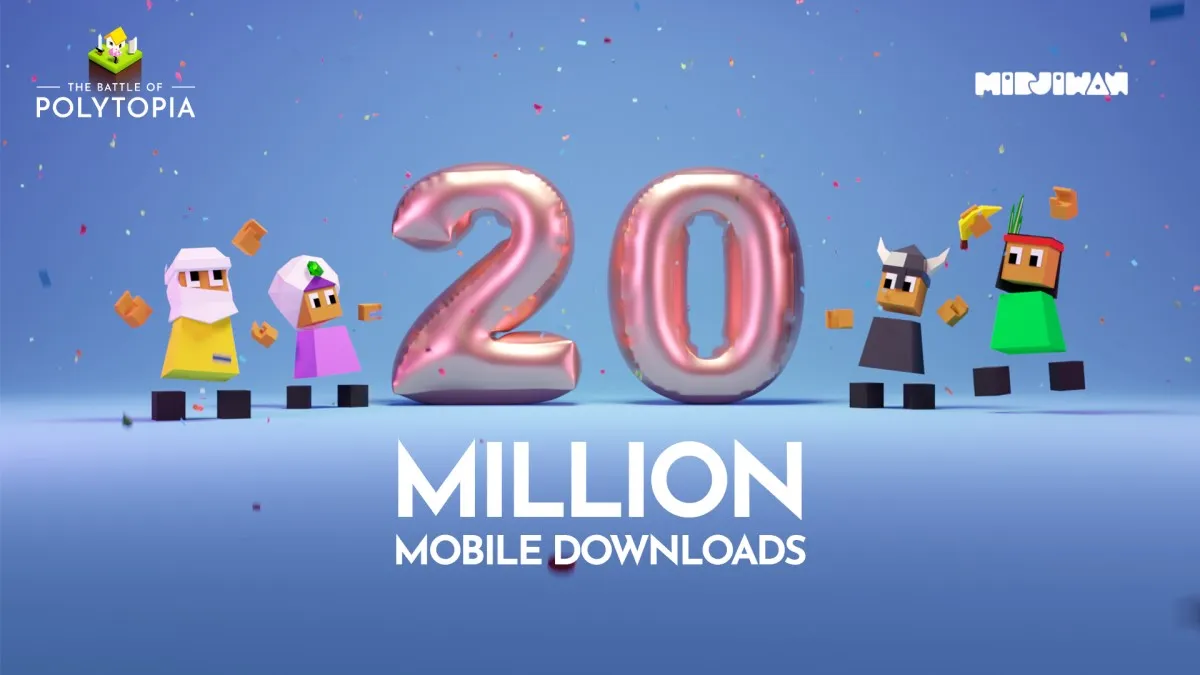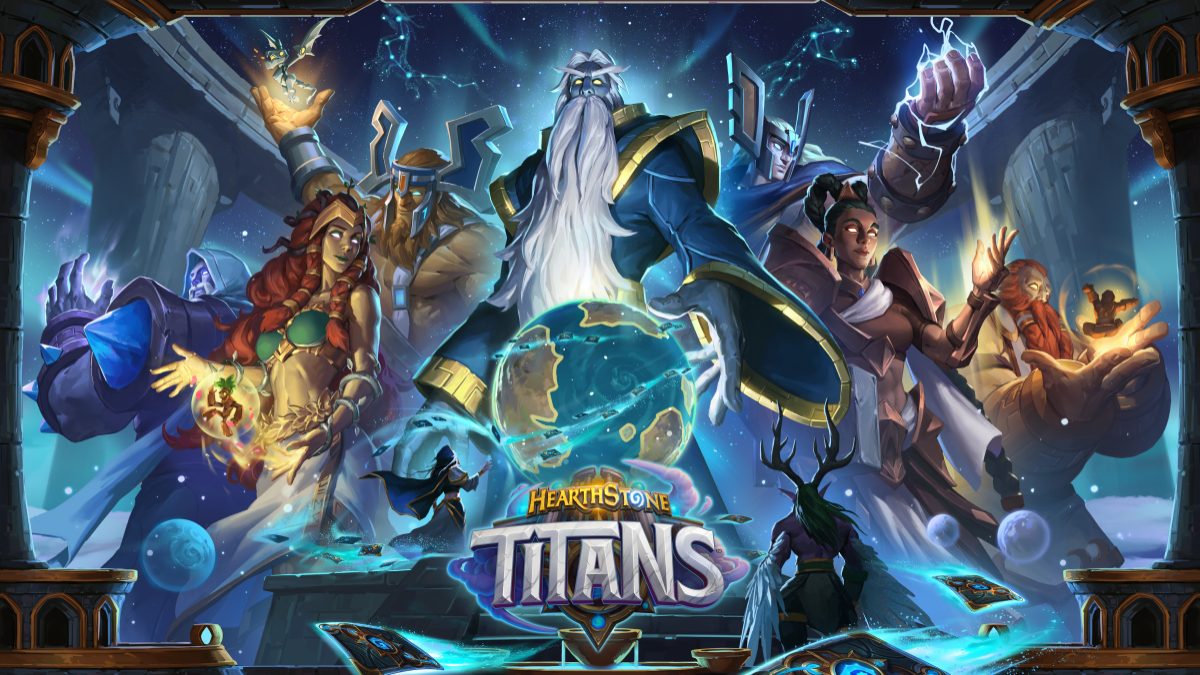4-man dev outfit Fugitive Games seemingly sprung up out of nowhere at the start of this year with a Kickstarter for a space-themed journey game, and two former project leads from DICE. The crowd funding went pretty well, and the campaign successfully navigated the sceptical and demanding modern Kickstarter environment.
Nevertheless, despite plenty of talk about space, adventures, FTL and Battlestar Galatica, there were still unanswered questions about the game. With the project now just a stone’s throw from being alpha, we decided to have a chat with Development Director Ben Jones and Creative Director Roy Orr and find out what we could about Into the Stars.
A full audio version of this interview is available if you would prefer to listen in.
[powerpress]
IncGamers: Why did you decide to go the independent route and make this game?
Ben Jones: We’d been kicking around a lot of different ideas for games and several of us really wanted to make a game that was inspired by and drew inspiration from Oregon Trail, that kind of journey. That was something that really resonated with us early on in our youth when we were all playing it. We wanted to give players this kind of experience again where they’re in charge of a large party and they’re responsible for the people that are travelling with them and the choices they make really impact their ability to succeed.
So with that our project architect said, “Space will be a great landscape for this kind of journey, let’s explore that a little bit.” We were messing about with a few ideas; between him and our art director, Alden. Very fast we realised we had to explore that further, and I think it’s worked out. Space is definitely the right landscape for this kind of game.
IG: You’ve mentioned that within the game you’ll be able to send landing parties off to planets and space stations and so on, could you talk a bit about that?
Roy Orr: The big aspect that we’re trying to give the player throughout the experience is being the captain. You go up to planets and you can interact with planets and interact with aliens but there’s a lot of different variables. If you think about TV shows like Star Trek: TNG, Picard is sending down people that are reporting back to him – Worf and Riker and the medical staff and so on. That’s the kind of experience we’re trying to get out of these interactions; you sending this landing party down, them reporting back to you on what’s going on down there, and you deciding on how to proceed.
That’s the experience we want to carry throughout the game: you’re the captain, you make all the important decisions, and everything is affected by your decisions. So all the variables that you see on these interactions can change throughout your playthroughs and it’s going to create a different experience each time you play.
IG: Does that mean, in this case for example, the gameplay doesn’t actually go with the landing party it stays with the captain?
BJ: Yeah, it stays on the ship. So from the captain’s perspective, you go into your main screen and you’re communicating with your party that’s landing on the surface or investigating a ship or whatever. They’re reporting back to you and, in the case of the landing parties, you’ll get a couple of different options – you’ll touchdown and there’ll be a couple of different areas you could explore and you’ll have to pick one, then they’ll report back to you on what’s going on there and a lot of different things can happen. You can get lucky and get some resources or a new module for your ship, perhaps nothing happens and it’s just a story element, or maybe someone gets injured or dies. The focus is on risk/reward.
The only one that’s a bit different is the mining rig. You send that down and you actually get to control the drill bit yourself and target the resources that are needed for your journey.
IG: Aside from that, are there any other skill or strategy parts to the game?
RO: We’ve got combat as well. It’s a volley-based combat system, and that’s going to require more strategy and thinking on your feet. You’ve got weapons systems and shield systems, and the player will have to use those to react to the situation….
BJ: …and you have these different battle stations, and as the captain you have to select which crew members you think will be the best fit based on their experience level. So as you go along on the journey those people may increase in their skill but you could also lose some people.
IG: Is the combat real-time?
RO: Yeah, it’s kind of like Star Trek. You’re deciding when to fire and whether you should throw a deflector shield and the frequencies as well. It’s very much real time but it’s not going to be like a fighter pilot in the cockpit. You’re in charge of this big large ship, so it’s more of a real time strategy based system.
IG: How difficult is the game and is it scalable?
RO: There are a lot of nuances and intricacies that the player will learn as they play and they may decide to start over as they figure things out. It’s not going to be a simple easy game to play, it’s going to be challenging. As far as scaling, we don’t have any plans for that.
BJ: But part comes into play with the layout of our world … you’re travelling through these tiles and the beginning tiles are going to be more approachable. We want players to get in and experience the core systems and have an opportunity to learn what’s going on there before getting into combat and making tough choices.
That’s the way we see it. There’s no inherent difficulty scaling, but the better you get and the farther you go the more challenging it will become.
IG: What kind of replayability will Into the Stars offer? Does it have the rogue-lite thing going on like FTL?
RO: It’s definitely got influences from Rogue-like games – the challenge aspect is there. When you’re playing it’s about keeping your crew members alive and keeping your civilians alive, but it’s also about this journey from beginning to end. It’s not necessarily about the beginning or the end, it’s about surviving a difficult journey. The gameplay is influenced by those games but it’s not as randomised; there’s no procedural levels and stuff like that.
BJ: There’s a set beginning and a set end with a couple of different variations on how that can go about. But everything between is really up to you, because it’s this open world. So, how you navigate the world, who you interact with, what planets you visit along the way while trying to get to your ultimate destination is going to change every time you play as you try to refine the experience and find the perfect route to success.
The replay value is certainly there, especially with variations you have in terms of how you load out your ship, what resources you take with you, what stuff you find along the way, what happens to your crew members – do you have five crew members that are killed within the first five minutes? Those kinds of things are going to be really strong variables and because of that we think that the replay value is going to be really quite strong.
IG: How long is the game from start to finish?
BJ: I think with the replay value that’s open to interpretation, but we think that the perfect journey where everything went right, could potentially be as short as an hour. But more than likely you’re going to have to spend a lot of time figuring it out and trying different techniques. We want you to have the experience that you’re learning and growing each time you play.
IG: How do you find working in a small team vs. working for a big company?
BJ: There’s significantly less red tape, so we’re able to chat with each other quickly and make pretty fast decisions about direction and I think that certainly facilitates production.
On the other hand, as a small team you’re now forced to do everything yourself. We’re wearing significantly more hats now than we ever had throughout our development career. Before the call I was laughing with Roy about this. Just today I’ve been dealing with our accounts, and our taxes, and our meeting schedule, promotional materials and writing VO dialog and answering a million e-mails… (laughs)
RO: It’s kind of a blessing and a curse. We have our hands on every aspect of the game and that’s awesome. But it’s also difficult because we’re juggling so much. In a big company you can have your hands in a lot but you have that support system in place. Now we’re our own support system.
BJ: It’s kind of crazy to say, but I was thinking about it the other day, my perspective is that I’m somehow blessed to be working 7 days a week like 12 hours a day. If you’d asked me a year ago I’d have told you that’s crazy.
IG: How were your experiences with Kickstarter?
BJ: We did an exhaustive amount of research prior to it and we still weren’t prepared for everything that’s involved during a campaign. Beforehand I thought we had all this content lined up and it should have been enough to keep people satiated and interested, but it’s never enough. Everyone wants more all the time.
But I wonder if that’s a symptom of the landscape in Kickstarter changing. My perception is that participants on Kickstarter are much more savvy now and they demand more of you in terms of communication and information about the product. I think they’ve got a lot more picky, and that’s why now you’re seeing really strongly run campaigns for games that look fantastic which are struggling to meet their mark.
IG: How far along in development are you?
BJ: It’s any day now, really, when we could call it “alpha”.
The first opportunity for people to get hands-on with Into the Stars will be in a couple of weeks at Epic’s booth at GDC [in March.]








Published: Feb 23, 2015 10:00 am